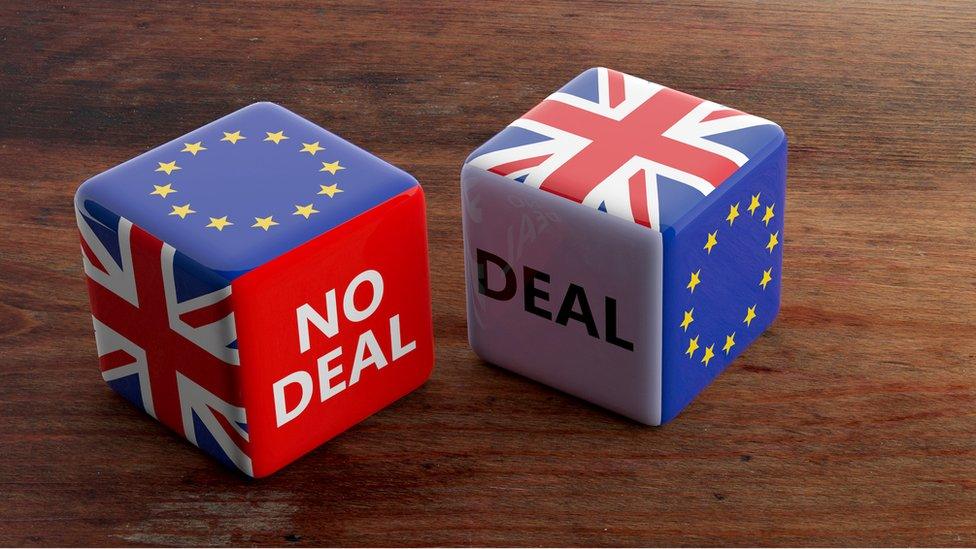What is Brexit, what is no deal, and what will change on 1 January?
- Published
- comments
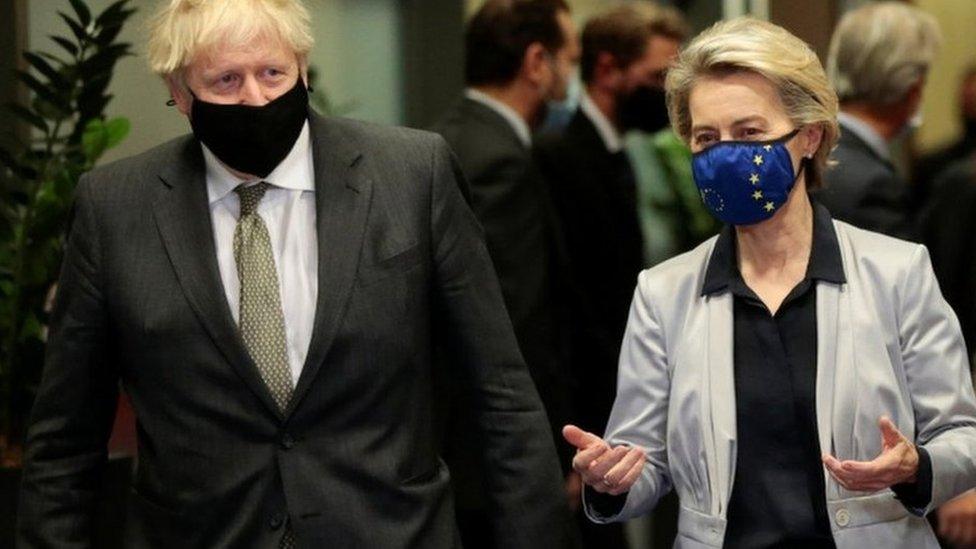
Boris Johnson and European Commission President Ursula von der Leyen
The UK and EU have agreed to carry on negotiations for how they work together beyond the deadline that was set to pass today.
Prime Minister Boris Johnson and European Commission President Ursula von der Leyen made the decision after a call between them on Sunday.
In a joint statement, they said it was "responsible at this point to go the extra mile".
The pair discussed "major unresolved topics" during their call.
But they did agree to carry on talks "to see whether an agreement can even at this late stage be reached".
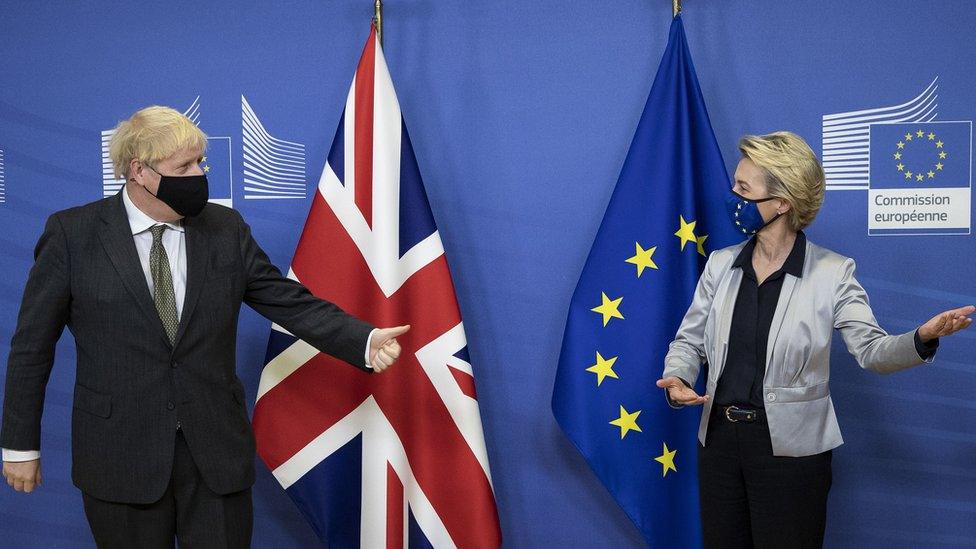
Earlier this week, Mr Johnson and Mrs von der Leyen, who represents the leaders of the 27 countries in the EU, had set a deadline of Sunday to decide whether or not to stop negotiations.
The PM had said there is a "strong possibility" the UK will not agree a Brexit trade deal with the EU, and warned people to prepare for a no deal outcome.
The PM had flown to Brussels in Belgium to Mrs von der Leyen, in the hope that they could work out the Brexit disagreements.
However, a dinner between them ended without an agreement. Mrs von der Leyen said the two sides were still "far apart" after their meeting.
Time is running out for the UK and the European Union (EU) to come up with a deal before 31 December, when Britain stops following EU rules.
The EU and UK disagree on things such as fishing rights and how products from Europe will come into Britain.
The UK left the European Union on 31 January 2020, but rules didn't change straight away. Leaders on both sides needed time to work out a deal. They've had 11 months, but now there's just a couple of weeks left to make decisions.
Talks are happening: The UK and the EU have until 31 December 2020 to agree a trade deal as well as other things, like deciding how much access European fishing boats should have to British waters, and how much fish they would be allowed to catch.
The EU want a "level playing field" - a set of shared rules and standards to make sure businesses in one country do not have an unfair advantage over their competitors in others.
The European Union also wants the UK to follow EU laws closely in areas such as workers' rights and environmental regulations, but the UK says the point of Brexit was to break free of EU rules.
Brexit has probably been going on for most of your lives and whether a deal is agreed or not, things will change.
So how did we get to this point and what will happen if there's a deal or no deal? You can find out in more detail below:
What is Brexit?
WATCH: The story of Brexit so far
On 23 June 2016, adults in the UK made a historic decision. More than 33 million people voted in a referendum on whether the UK should remain or leave a group of countries called the European Union (EU).
Around 52% of them - just over half - chose to leave. The word Brexit, is made up of the words 'Britain' and 'exit'.
The UK had been a member of the EU for more than 40 years, so the decision was a really big deal.
Not only that, but no country had ever left the EU before, so it was - and still is - completely new territory for everyone involved.
Although the vote happened more than four years ago, Britain officially left the EU on 31 January 2020.
From Little Mix to fidget spinners and the floss - Ricky looks back at what's happened in the four years since Brexit
Now, having followed lots of rules set by the EU, it has to be agreed how the UK should work with the EU while not belonging to that group of countries anymore.
Both sides agreed many things would stay the same for 11 months, to allow leaders time to sort out a deal.
But time runs out on 31 December 2020 and with lots still to be agreed on, there is a strong chance of something called a 'no deal Brexit'.
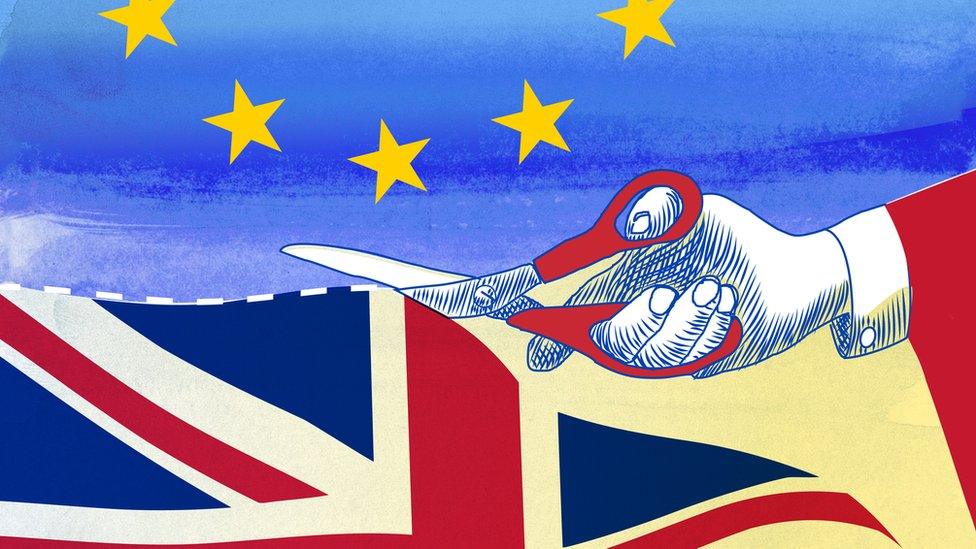
What is a no deal Brexit and what will it mean?
A no deal Brexit is being talked about because the UK and EU haven't agreed on how they're going to work together and any deal has to be made before the end of this year.
There is a lot of trade between the EU and the UK but a no deal Brexit would affect how easy it is for products to come into the UK from European countries and that could mean things in shops might cost more.
While the UK was still in the EU, companies could buy and sell goods across EU borders without paying taxes (known as tariffs). If there is no trade deal, businesses will have to start paying these taxes, and that could make things more expensive.
There could also be delays to lorries bringing products into Britain as there would be even more border checks in a no deal situation.
However, in Northern Ireland, under an arrangement known as the Northern Ireland protocol, the country will still follow many of the same EU rules.
In doing so it means goods will not need to be checked along the border with the Republic of Ireland, which is part of the European Union.
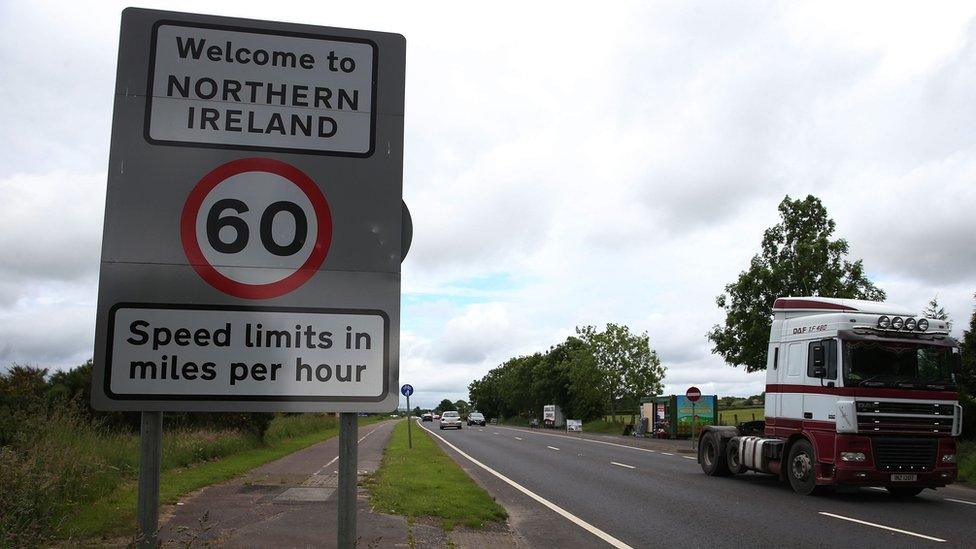
Brexit supporters say leaving the EU will give the UK more freedom to strike trade deals around the world on their own terms, making it better for Britain.
When the UK was in the EU, it was automatically part of EU trade deals with more than 70 countries.
Since leaving, it has made deals with 50 of those countries, in order to continue trading in the same way.
The UK is also in talks with countries like the Australia and the US where talks will continue once President-elect Joe Biden moves into the White House.
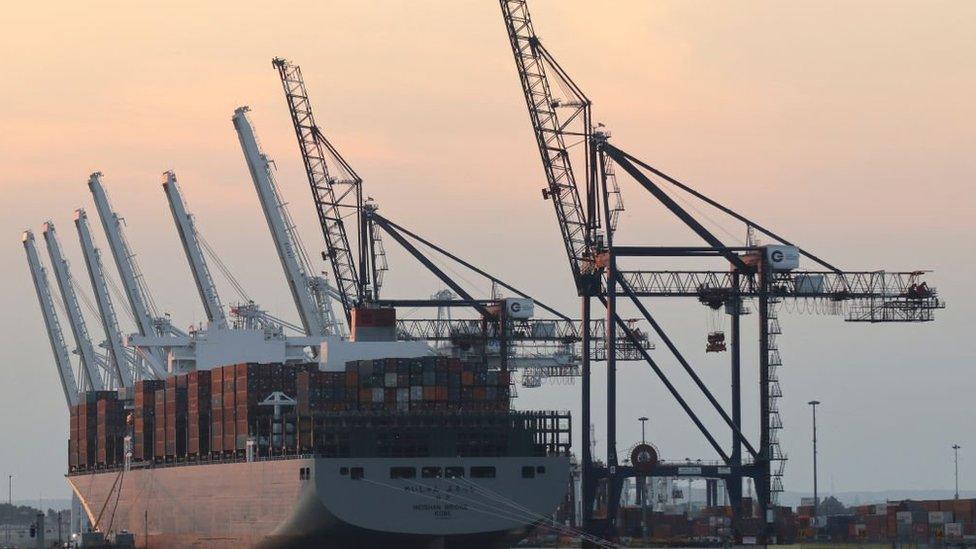
How might it affect you?
Deal or no deal, from the 1 January 2021, the way people live and work in the UK will be different.
People planning to travel between the UK and EU to live, study, or even on holiday will face different rules.
And, it goes both ways, as those wanting to move to the UK from the EU will face a points-based immigration system, looking at things such as skills and education before they can live in Britain.
For shorter stays, such as holidays, travel rules are also changing.
Travelling to EU countries
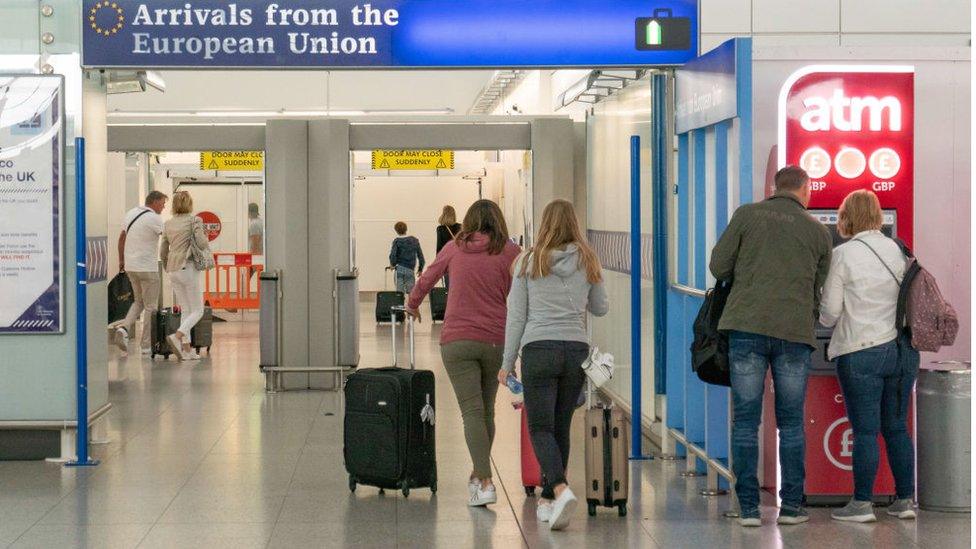
Under the new rules, set to be introduced from January 2021, tourists heading to EU countries will need a passport that is less than 10 years old and has at least six months left until it runs out.
People from the UK have previously been able to travel freely to EU countries with a valid passport, regardless of how close it is to its expiry date.
The UK government explains: "You'll need to have at least six months left on an adult or child passport to travel to most countries in Europe (not including Ireland)."
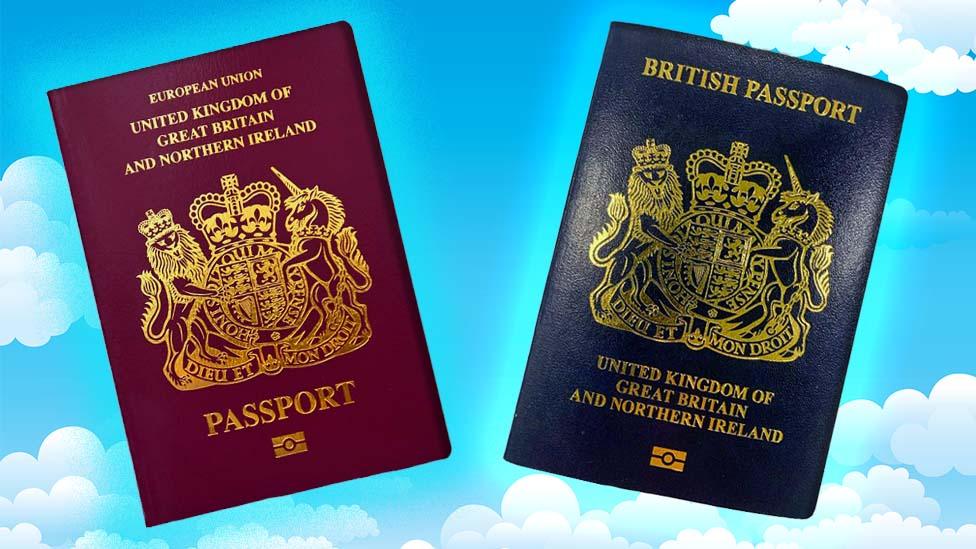
Arrivals from the UK will stand in a different queue at passport control in EU countries.
And, when you arrive in an EU country (except Ireland) your parents might be asked to show your return ticket and could be asked to show you have enough money for your stay.
To allow for stays longer than 90 days in EU countries, another document known as a travel visa might be needed.
It could also take longer to cross the UK border, with warnings over long queues at the Port of Dover or Eurotunnel for travel into France.
Any adults driving to Europe in their own car might also need extra paperwork other than their UK driving license, such as an international driving permit.
Taking pets abroad
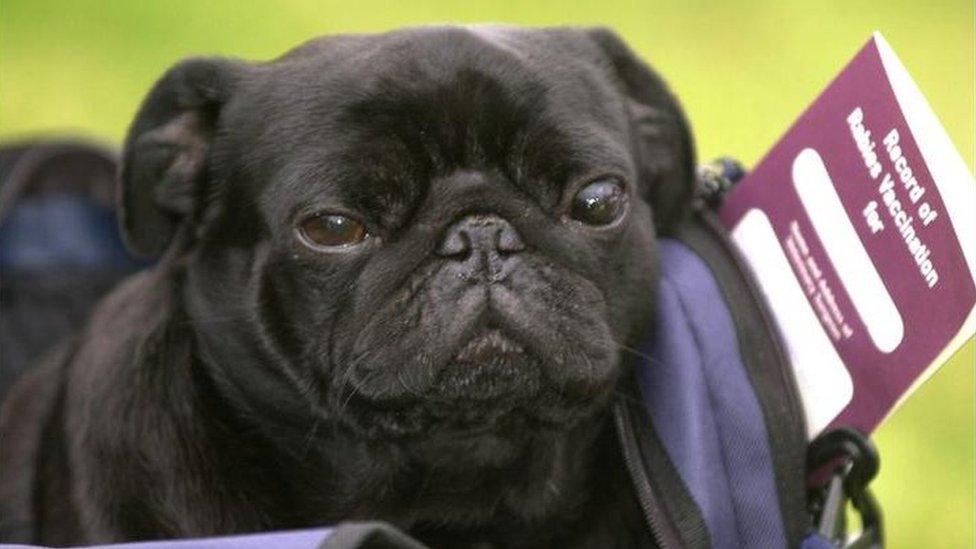
Pet owners planning to take their animals with them on holiday to Europe will face new restrictions from 1 January.
Owners will not be able to use their EU pet passports. Instead, a certificate from a vet will be needed confirming that the animal has had their injections for diseases like rabies before travelling.
- Published7 December 2020
